Despite the increase in grocery prices, home cooking will almost always be the cheaper option than restaurant dining. But every now and then, it’s nice to enjoy someone else’s cooking and avoid the hassle of dirty dishes. Meal delivery apps make it easier than ever to have your favorite restaurant dishes brought straight to your door. Services like DoorDash, Uber Eats, and GrubHub vie for the same customers and have to get creative when thinking of new ways to stand out from the competition. DoorDash has offered a new payment option to make takeout more accessible for its customers, but it’s raising some eyebrows. Klarna is a payment service that allows shoppers to spread out their purchases over four installments. Usually reserved for significant purchases like furniture and appliances, or even larger clothing hauls, this type of option is this generation’s version of the layaway plan. But is an individual takeout meal a purchase that is smart to pay in installments, or a dismal sign of what’s to come for our country’s economy? Read on for more information about high food prices, installation payment apps, and the possibility of discharging debt in bankruptcy. To schedule your free consultation with one of our experienced Arizona bankruptcy lawyers, call 480-833-8000.
How Klarna & Similar Apps Lead To Debt
Klarna is just one of the options shoppers have to finance their payments and spread them out into four installments instead of one. Affirm, Shopify, Afterpay, and countless other financial services make it possible to spread out big-ticket purchases without interest. Of course, that’s assuming you can make your payments in full and in a timely manner. This isn’t true for everyone who is using financing services to pay for a takeout meal.
Some argue that “microfinancing” can be a smart option because money is worth less in the future without interest added. This may be true for someone who is financially stable and was going to purchase whatever they microfinanced regardless, but the effects will still be very small. For someone who might see those extra funds in their account and be encouraged to make purchases they might not have otherwise, microfinancing can become costly quickly. Stacking too many of these purchases may become unaffordable and lead to interest and other financial penalties that create a compounding debt problem.
Rising Food Costs & Declining Profits For Restaurants
It’s no secret that food costs have been skyrocketing. At first, eggs were the main grocery item making headlines for legendary price increases. But President Trump’s tariffs, including his threats of tariffs, are causing a wide variety of groceries to increase in price as well. Mexico and Canada both supply produce, meats, grains, and other products essential to American diets. Trump’s latest threats were against anyone who buys oil from Venezuela, which could mean just about any product on American shelves could be about to jump in price.
The cost of food, labor, rent, utilities, and other essentials to running a restaurant have upticked sharply since the pandemic. This has resulted in restaurants increasing their menu prices, and sometimes charging hidden surcharges that are unpopular with customers. And since inflation has hit customers as well, many have responded by reducing how frequently they go out to eat. They also prioritize reasonably-priced treats and special occasion splurges over fast casual dining experiences. Some of the restaurants that have declared bankruptcy due to declining revenue recently include:
- Red Lobster
- Rubio’s Coastal Grill
- TGI Friday’s
- Tijuana Flats
- Sticky’s Finger Joint
- Miracle Restaurant Group (Arby’s franchise)
- River Sub (Subway franchise)
- ASAP (food delivery app formerly known as Waitr)
Can I Discharge Afterpay Debt In Bankruptcy?
While shoppers may opt for afterpay apps over credit cards because of interest rates, credit cards are one of the most straightforward debts to clear in bankruptcy. There are only some limits on luxury spending and cash advances leading up to bankruptcy that can lead to some credit card debts being excluded from a bankruptcy discharge. Other than that, credit card debt is wiped out by chapter 7 and the lowest priority of debt paid off in a chapter 13 bankruptcy payment plan. But secured debt, or debt that has collateral attached, is not so simple to clear in bankruptcy. It is the second of four categories paid in a chapter 13 plan, and is not cleared by a chapter 7 filing. Without signing a new agreement with your lender, you could be at risk of your secured assets being repossessed after bankruptcy.
Afterpay debt is considered an executory contract, which should be listed in Schedule G. Repaid loans to Klarna, Shopify, and similar apps do not need to be listed in a bankruptcy petition. A bankruptcy debtor should also declare what they intend to do with this executory contract in their Statement of Intentions. Debtors have the option of assuming the contract, which will make the payments continue as usual. The debtor can also reject the contract, which would also reject the debtor’s obligation to repay the loan. Here, the lender might be able to send a repo man to recoup the asset. But if the asset was a takeout meal that has already been digested, there is no tangible asset for the creditor to repossess. While accruing DoorDash debt might not be the most responsible thing, it can be cleared fairly simply in a bankruptcy filing, providing valuable debt relief to the debtor.
Chapter 7 bank is the most common type of bankruptcy filing state- and nationwide. Along with afterpay debts and credit cards, it can be used to clear medical bills, personal loans, some taxes, and other financial obligations that are causing a debtor unreasonable strain. It only takes a few months for a debtor to clear all of these debts with chapter 7 bankruptcy. If their case remains in good standing, they will be protected from creditors by the automatic stay until discharge. The debtor can protect a number of assets to maintain a comfortable lifestyle going forward using Arizona’s bankruptcy exemptions. There are only a few limitations, such as restrictions based on income and prior bankruptcy filings, assets left unprotected by bankruptcy exemptions, etc. The best way to know which may be relevant to your situation is by discussing it in depth with a skilled professional. Schedule your free consultation with our Arizona bankruptcy firm today by calling 480-833-8000.
Does The High Cost Of Living Have You Losing Your Fight Against Debt? Bankruptcy Might Be Your Secret Weapon.
Filing for bankruptcy has a negative connotation of being a sign of giving up. Rather, we like to think of it as an opportunity for a fresh start. Bankruptcy provides immense protection from creditors and gives a person struggling with debt the chance to get back on their feet. We know just how stressful it can be to deal with debt, so our staff and attorneys work hard to make the filing process easy. We offer unbeatable Mesa bankruptcy representation with payment plan options that make filing for bankruptcy work with anyone’s budget. See if you’re eligible- and if you qualify for our Zero Down payment option!- by calling 480-833-8000. Don’t hesitate to contact us today!





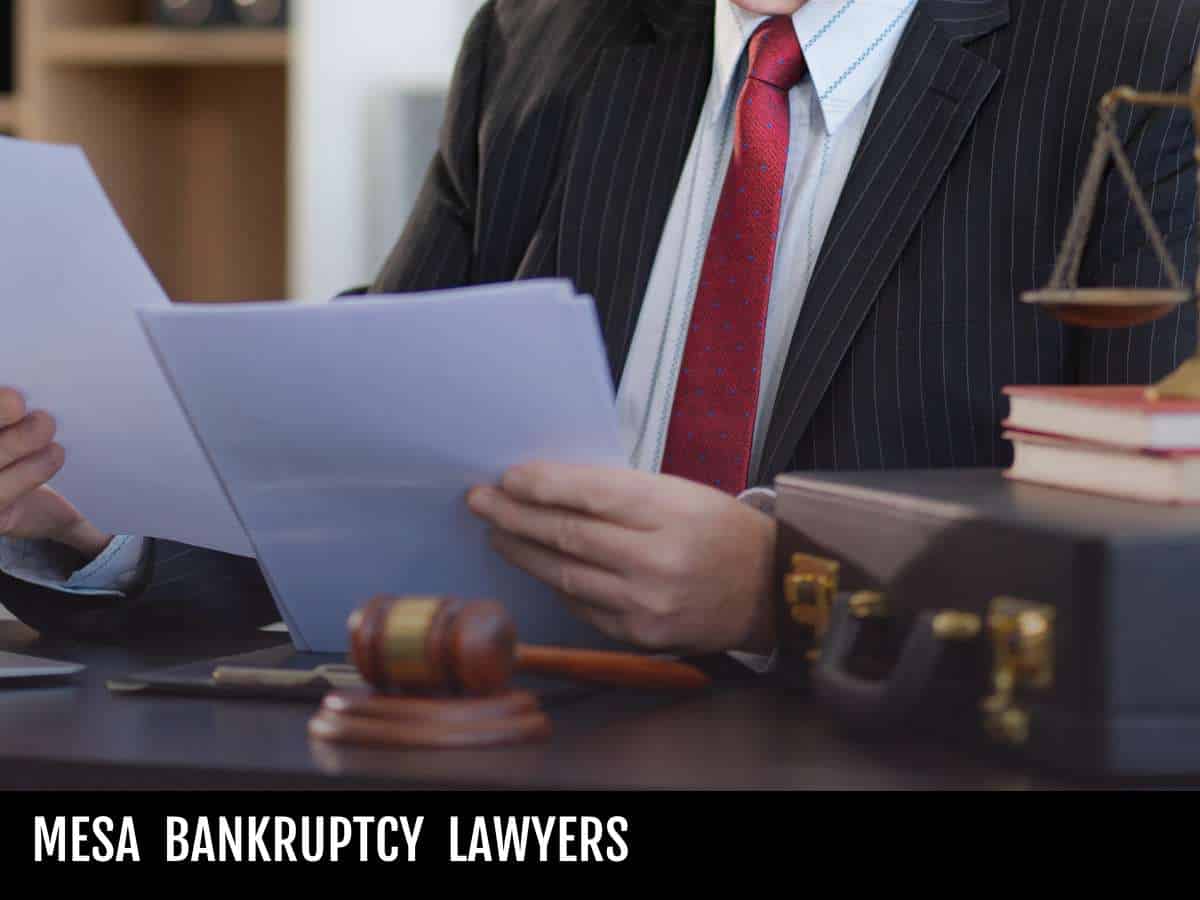
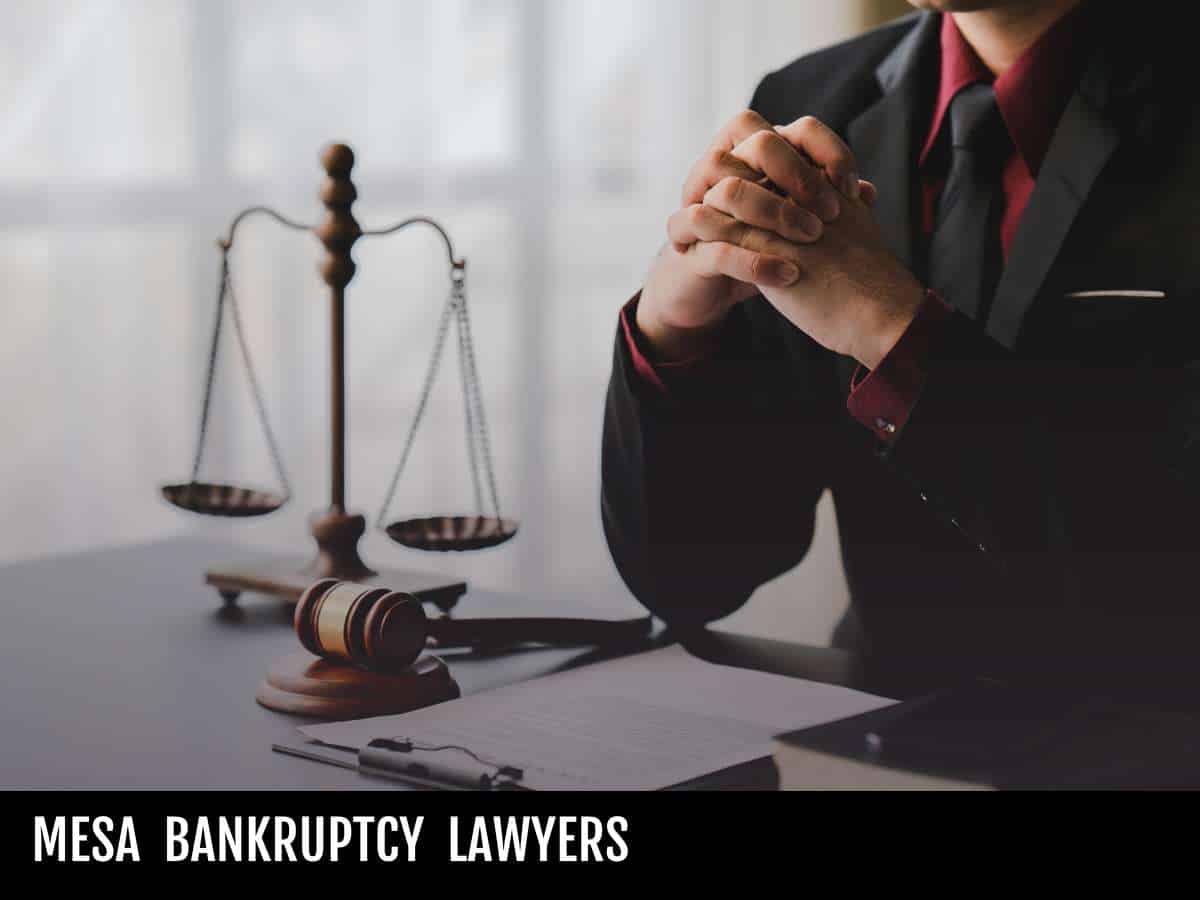
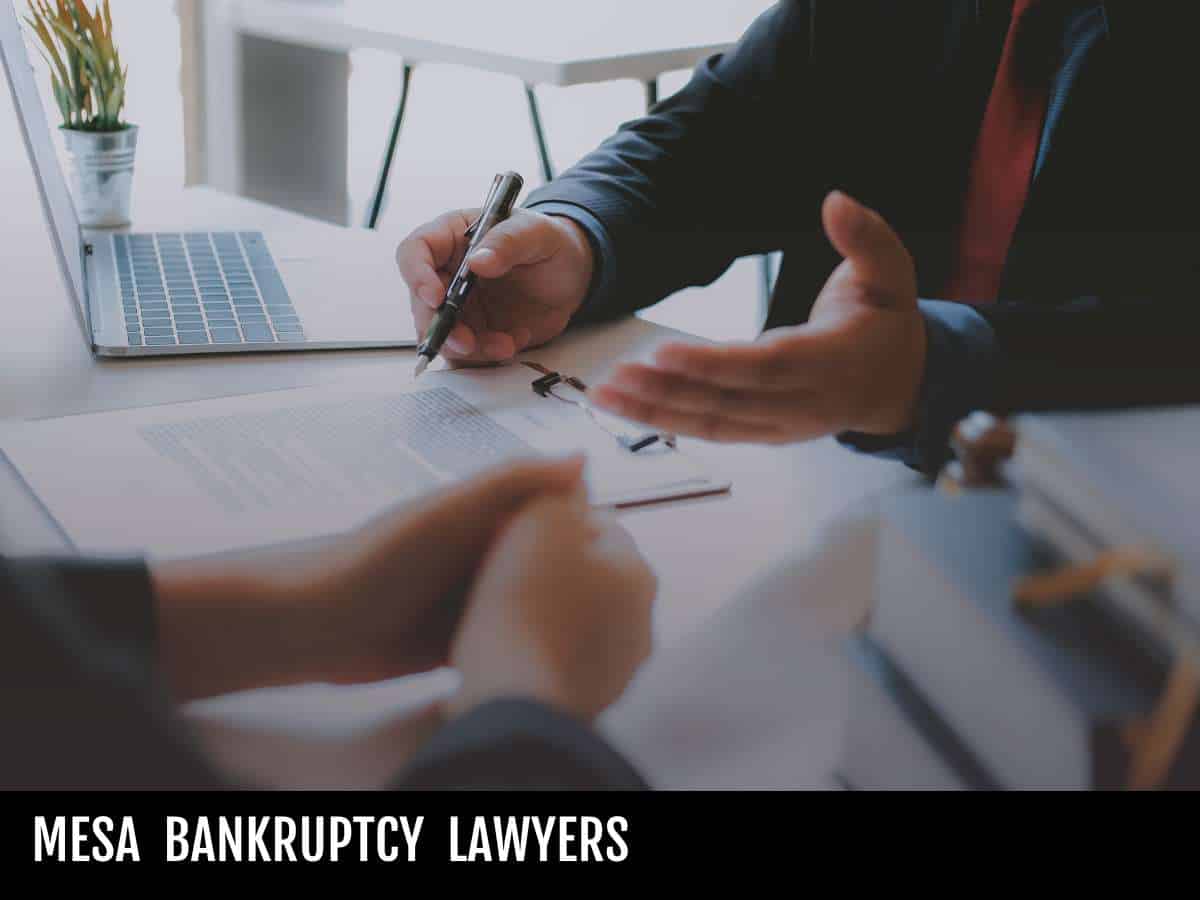
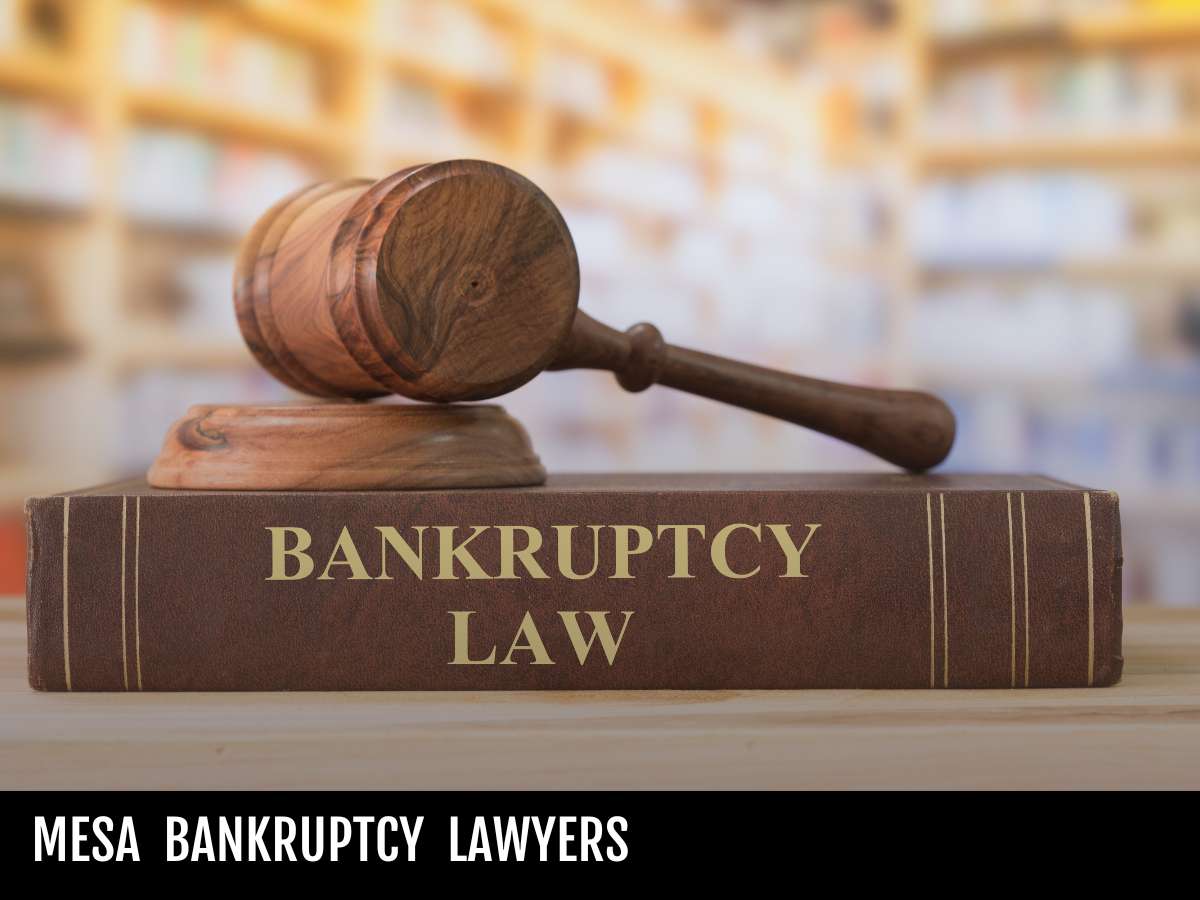

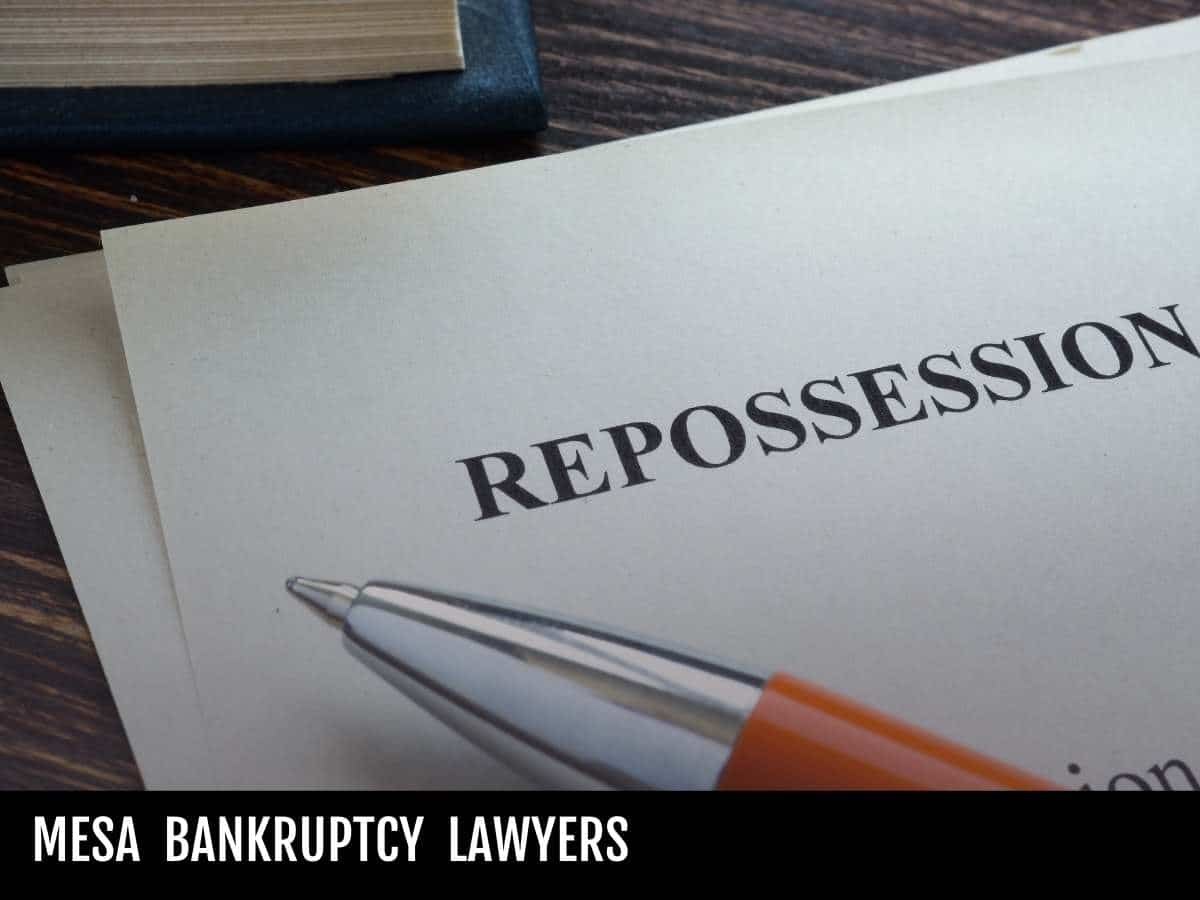
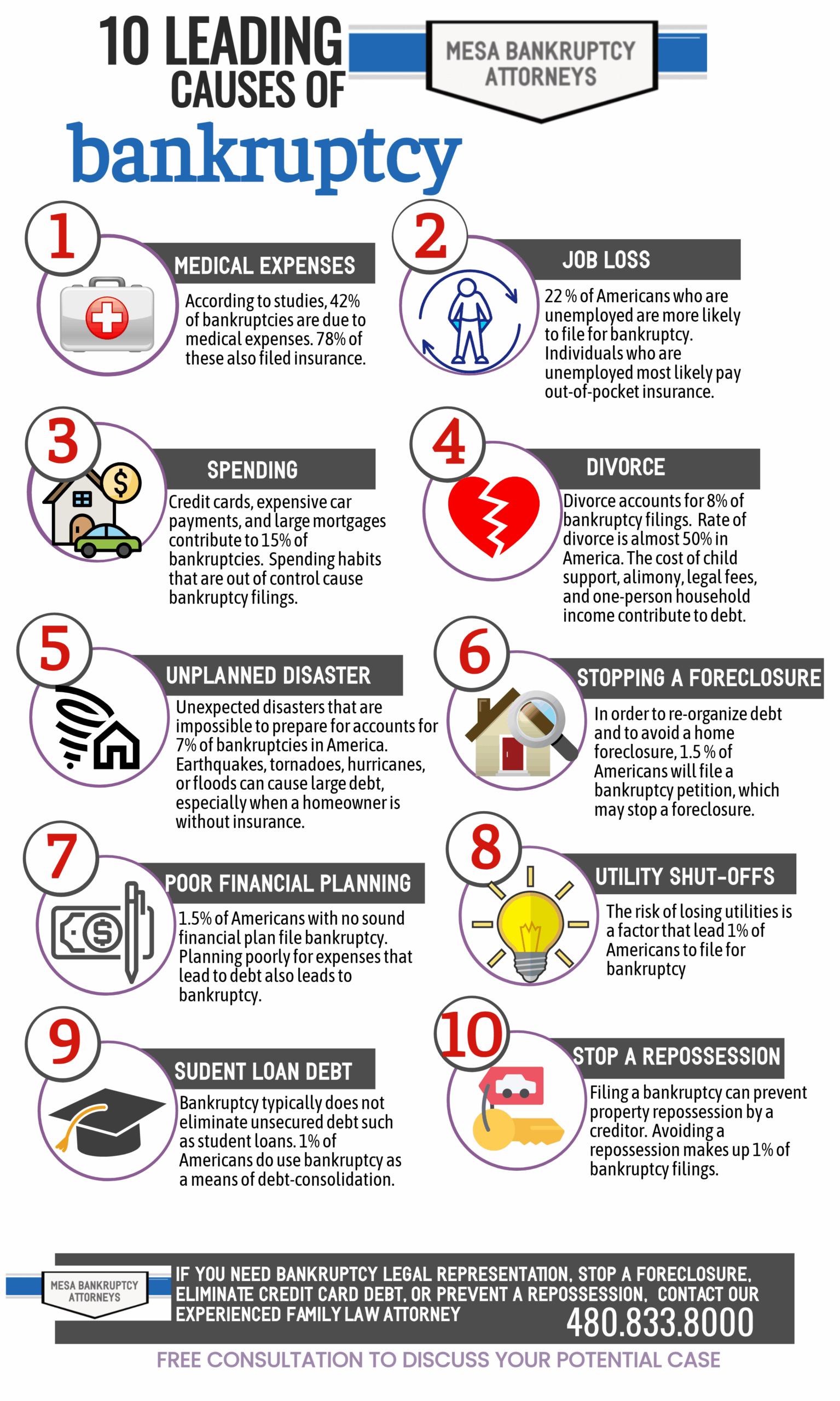
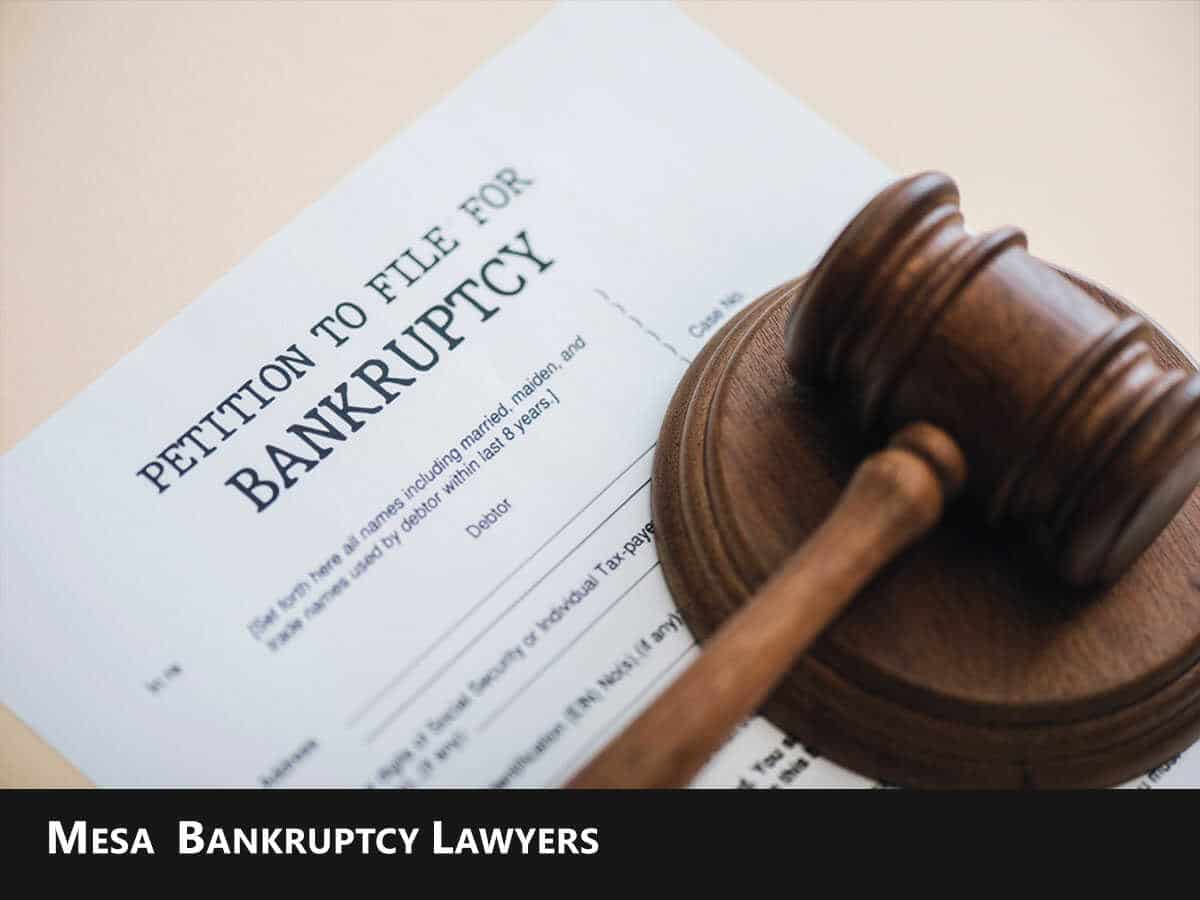
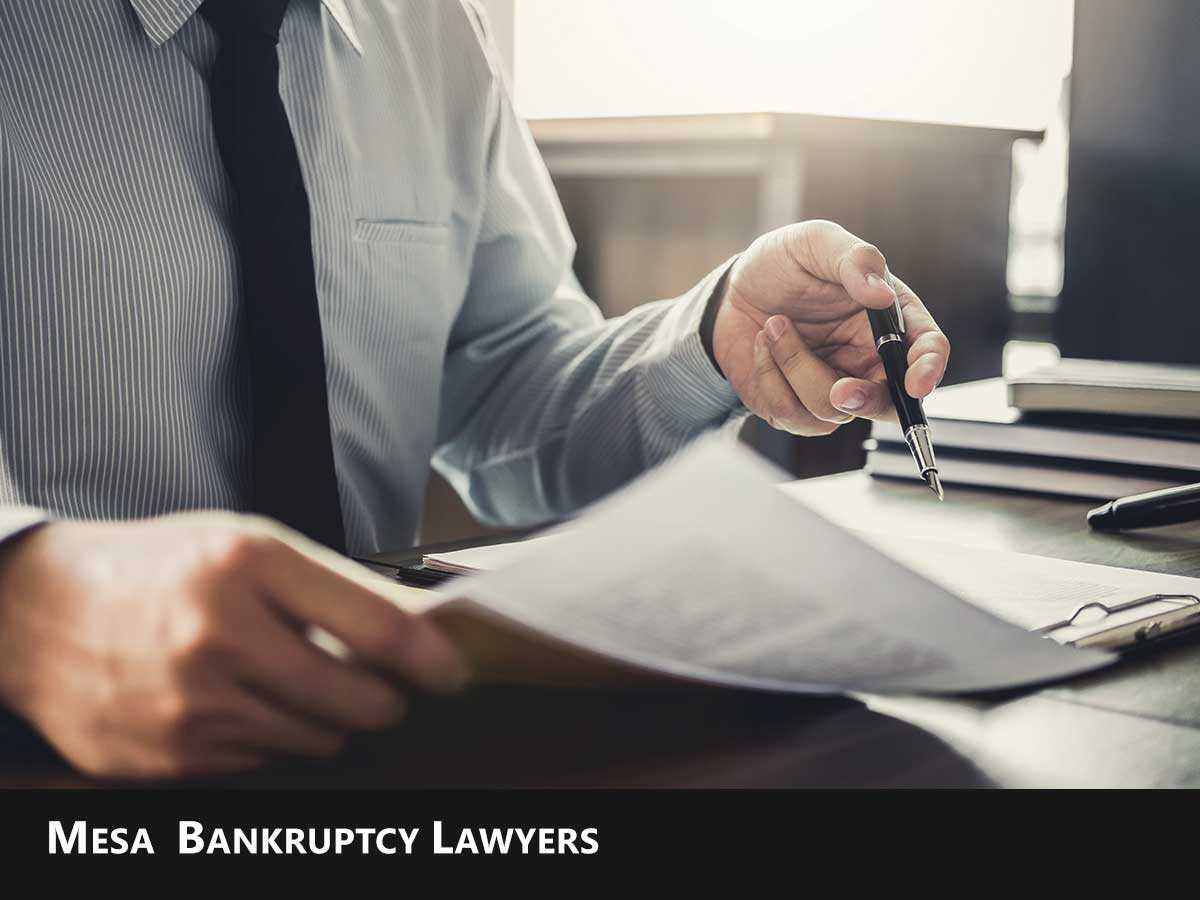
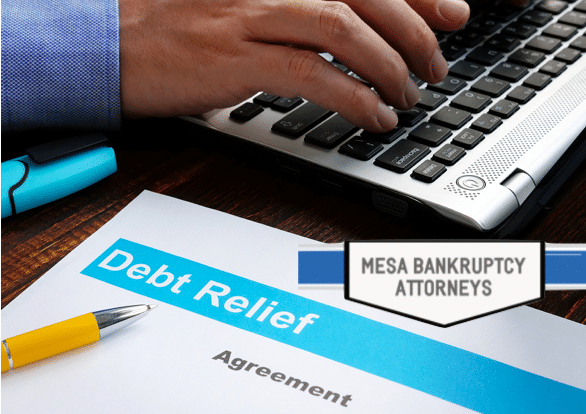 If you are considering
If you are considering 
